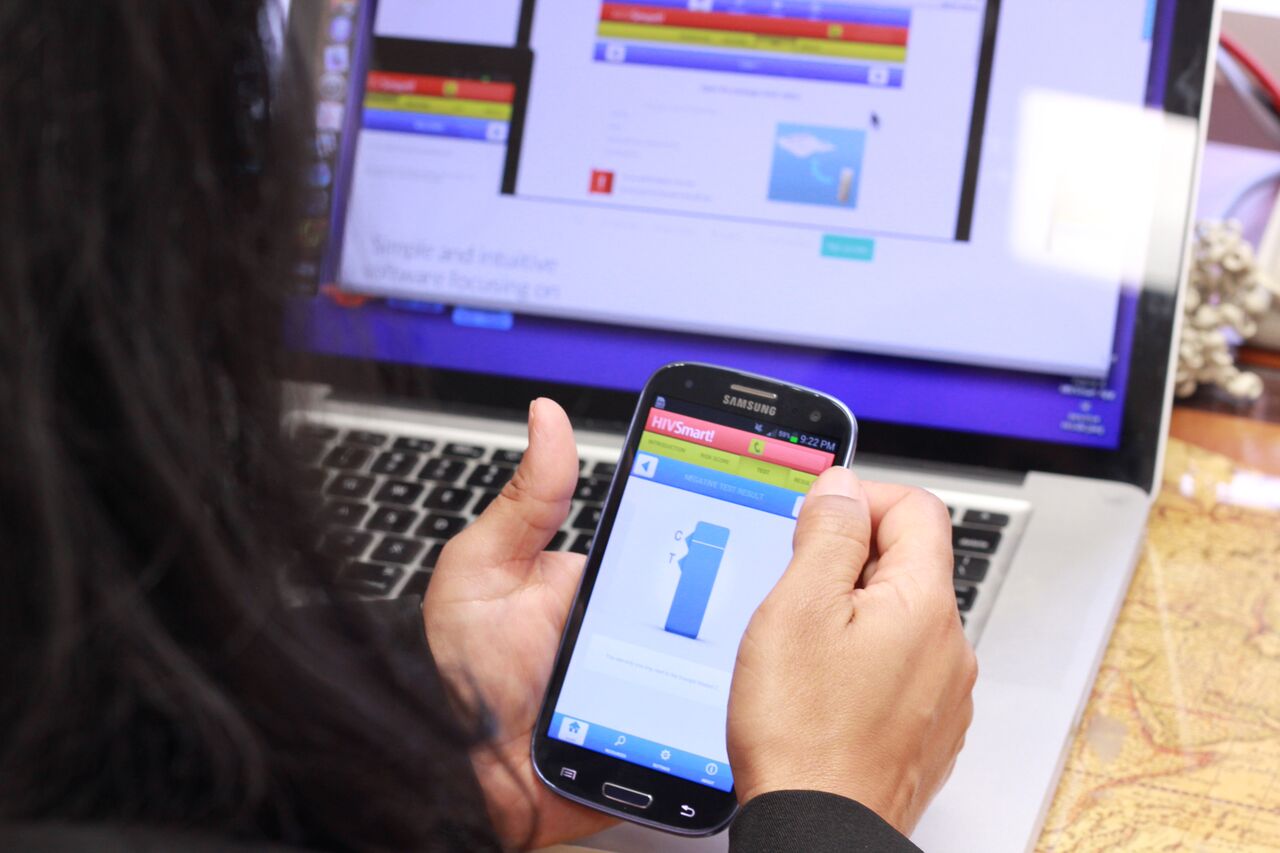Human Immunodeficiency Virus (HIV) is one of the deadliest viruses in the world and has claimed over 35 million lives to date. Recently, Nitika Pant Pai, Associate Professor at the McGill Department of Medicine and researcher at The Research Institute McGill University Health Centre has helped develop a new app called HIVSmart! designed to reduce the spread of this lethal virus. HIV attacks human CD4 T-cells—a type of white blood cell that usually protects us from disease. Without these immune cells, HIV patients are defenceless against other infections and succumb to illnesses that healthy patients would otherwise be able to fight off.
HIV is most commonly transmitted through unprotected sex; however, it can also be passed on through contact with blood. For example, drug injections with previously used and contaminated needles can also spread the virus.
One of the most fatal aspects of HIV is the lack of immediate symptoms, leaving carriers unaware that they have been infected—contributing to the spread of the disease. Unfortunately, the stigma associated with getting tested for HIV prevents people from getting tested as often as they should. HIVSmart! targets this problem to help with the diagnosis.
For the past five years, Pai has been working on making HIV testing more accessible to those who need it most. Pai’s HIVSmart! is a mobile app that guides an individual through the process of performing their own HIV screening test whenever necessary.
For Pai, HIVSmart! would be an essential component of the HIV screening process.
“People can certainly test themselves without an app, but the experience of testing and linkage to care is incomplete,” Pai said. “HIV self-testing devices have issues with interpretation, and many testers need help. Certainly after the test, if they find themselves positive, they need counselling and support.”
For those who test positive, HIVSmart! would provide a 24-hour helpline and confidential linkages to healthcare facilities, as well as access to counsellors.
The app has gone through over 30 prototypes and has been tested in at-risk populations in Canada and South Africa. Although not yet available to the general public, HIVSmart! is currently completing a clinical trial, and Pai hopes that it will be accessible soon. It will be free for those who live in low-income countries and will offer at least six languages.
Pai views the clinical trial as only the first step toward a big future for the HIVSmart! app.
“We recently signed a partnership with an influential organization (The International Association of Providers of AIDS Care, or IAPAC) to use HIVSmart! in over 80 high-burden cities worldwide in the initiative to end the HIV epidemic,” Pai said. “We would like to believe that it will be used by many different organizations around the world!”
IAPAC is an association dedicated to the global battle against HIV. In 2014, it began its Fast-Track City initiative, based on what they call the 90-90-90 and zero goal. This goal hopes to attain 90 per cent of people living with HIV to know their HIV status, 90 per cent of the diagnosed individuals to be on antiretroviral therapy (ART) for their HIV, and 90 per cent of those on ART to achieve viral suppression. The 90-90-90 and zero goal can also combat negative attitudes toward the virus through stigma elimination trainings offered to healthcare providers in these Fast-Track cities.
Pai’s app will be an essential step to IAPAC’s first and last goals, as HIVSmart! will greatly aid in the diagnosis of HIV status while avoiding much of the stigma present in more public settings.
McGill students have already helped Pai in her fight against HIV. In 2011, a group of students helped evaluate the app’s strategy. She encouraged students to get involved in the battle against HIV.
“Spread the word,” Pai said. “I will be happy if [McGill students] believe in our social mission [….] We need to do more to reach the underprivileged in low and high income settings.”
With the use of HIV self-testing, aided by HIVSmart!, Pai is hopeful that the HIV epidemic will soon cease to spread at such a dangerous rate and take fewer lives.








